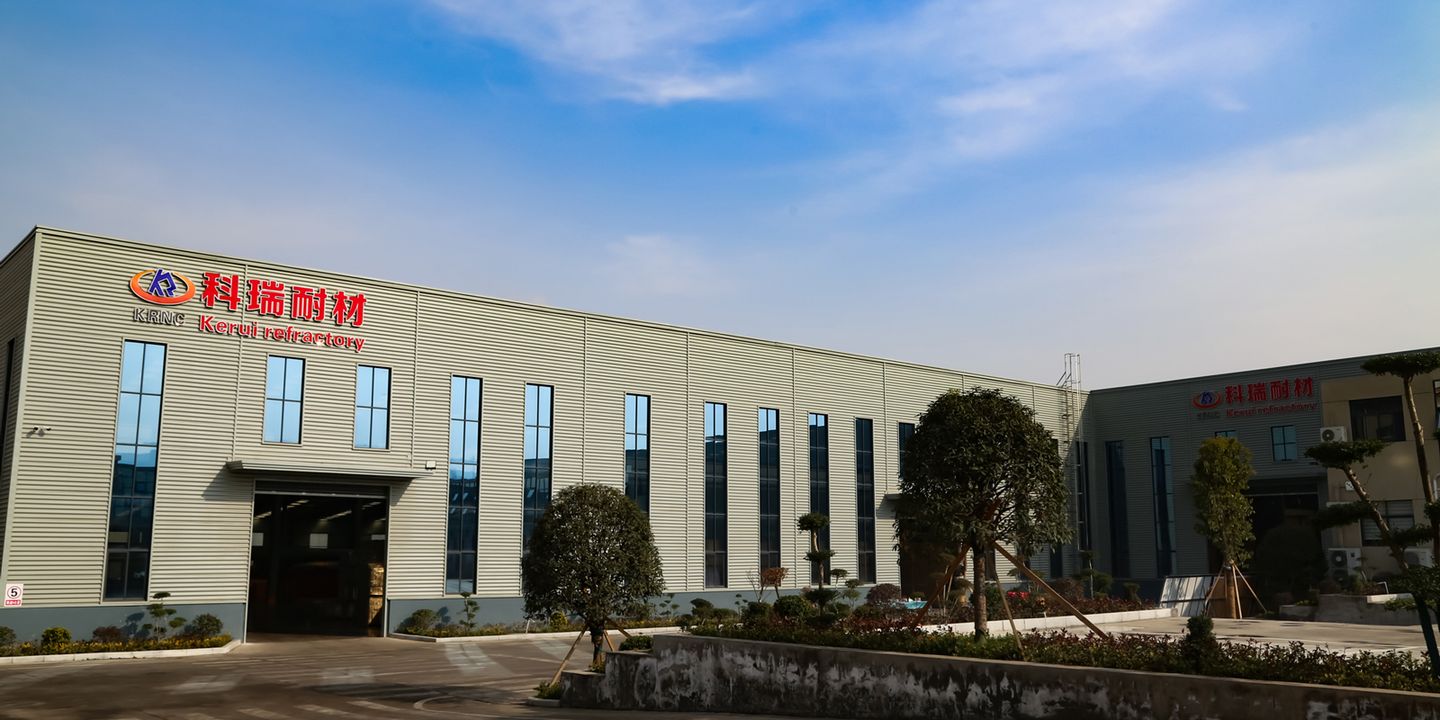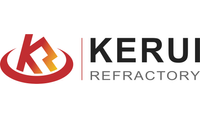

How to Choose Incinerator Refractory Brick
Incinerators, crucial in waste management and industrial processes, rely on high-quality refractory bricks to withstand extreme temperatures and harsh conditions. Selecting the appropriate refractory brick is paramount for optimal performance, durability, and safety. In this article, we will discuss the key considerations when choosing refractory bricks for incinerators.
Temperature Resistance
Incinerators operate at exceedingly high temperatures, surpassing 1000°C (1832°F). Therefore, the chosen refractory bricks should exhibit exceptional temperature resistance, withstanding such heat without deformation or deterioration. Common refractory materials for incinerators include fire clay, high alumina, and silica fire brick.
Thermal Conductivity
Consider thermal conductivity when selecting incinerator refractory bricks. This property refers to a material's ability to transfer heat. Low thermal conductivity bricks are desirable as they minimize heat loss and ensure efficient heat distribution within the incinerator. This promotes consistent and uniform temperatures throughout the combustion process.
Chemical Resistance
Given that incinerators handle diverse waste materials, including hazardous substances and corrosive chemicals, it is vital that the refractory bricks possess resistance to chemical attacks and erosion caused by these aggressive compounds. Acid-resistant bricks, such as silica or high alumina bricks, are often preferred for their ability to withstand acidic environments.
Mechanical Strength
Incinerators experience mechanical stresses due to the weight of the waste materials, as well as thermal expansion and contraction. Therefore, it is crucial that the chosen refractory bricks possess adequate mechanical strength to endure these forces without cracking or breaking. Insulating fire bricks, excellent lightweight clay insulation bricks with good thermal shock resistance, are commonly used in areas subject to rapid temperature changes.
Thermal Shock Resistance
Incinerators undergo frequent thermal cycling, with abrupt temperature changes during startup, shutdown, and intermittent operation. Refractory bricks with high thermal shock resistance can withstand these sudden temperature differentials without cracking or spalling. Mullite or alumina bricks are renowned for their excellent thermal shock resistance properties.
Application-specific Considerations
When selecting refractory bricks, consider the specific design and operating conditions of the incinerator. Different areas within the incinerator, such as the combustion chamber, stack, and ash pit, may require distinct types of refractory bricks due to variations in temperature, chemical exposure, and mechanical stress. Seek guidance from refractory experts or manufacturers to determine the most suitable bricks for each application. If you want to get more construction, please contact us: https://krref.com/contact-us/.
Insulation
Apart from refractory bricks, incinerators often necessitate insulation materials to reduce heat loss and enhance energy efficiency. Insulating fire bricks or ceramic fiber modules can be used to line the outer surfaces of the refractory bricks, maintaining high temperatures inside the incinerator while minimizing heat transfer to the surroundings.
Quality and Supplier
Lastly, it is imperative to source refractory bricks from reputable manufacturers or suppliers Kerui Company China with a proven track record of delivering high-quality products. Quality control, proper material selection, and adherence to industry standards are vital for reliable and long-lasting refractory solutions. Look for suppliers who provide technical support, guidance in material selection, and after-sales services.
In conclusion, selecting the appropriate refractory bricks for incinerators is essential for their efficient and safe operation. Consider factors such as temperature resistance, thermal conductivity, chemical resistance, mechanical strength, thermal shock resistance, application-specific requirements, insulation needs, and the reputation of the supplier. By carefully evaluating these factors, you can choose the most suitable refractory bricks that will withstand the rigorous conditions of the incinerator, ensuring optimal performance and longevity.
